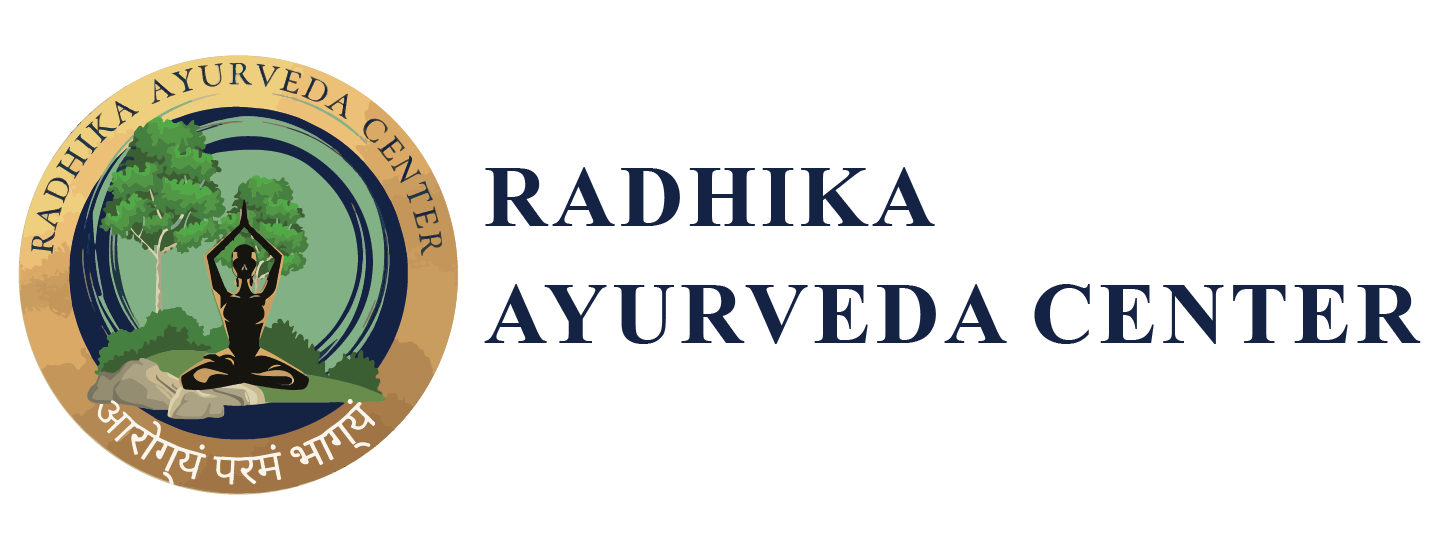Yoga therapy blends diverse yoga practises, including physical postures, breathing exercises, meditation, and relaxation techniques, to enhance physical, mental, and emotional well-being. It is a potent holistic approach to healing. Yoga therapy, in contrast to regular yoga courses, is designed particularly to address the health issues and concerns of each individual. It is frequently used in conjunction with traditional medical treatments as a supplementary therapy. The foundation of yoga therapy is the idea that the body, mind, and spirit are all interconnected and that problems with both physical and mental health are frequently connected. By lowering stress and tension, boosting circulation, increasing flexibility, and constructing strength, yoga therapy aims to support the body’s natural healing process.
Numerous health conditions, including chronic pain, arthritis, anxiety, depression, sleeplessness, and many others, can be treated by yoga therapy. A certified yoga therapist works closely with clients to create a practise that is unique to their needs and objectives. To assist clients in achieving their utmost health and wellbeing, the therapist may employ a number of techniques including mild stretching, breathing exercises, meditation, and visualisation. Yoga therapy can help people improve their aw areness and connection with their bodies, minds, and emotions in addition to addressing particular health conditions. Yoga therapy can assist people in managing stress, enhancing mental clarity and focus, and cultivating a sense of inner peace and balance by encouraging self-awareness and mindfulness.

Benefits of Yoga Therapy
Reduces Stress and Anxiety
Increases Range of Motion and Flexibility
Strengthens Immune System
Improves Mental Focus and Clarity
Reduces Persistent Pain
Enhances Coordination and Balance
Yoga therapy blends physical postures, breathing techniques, meditation and other practises to foster physical, mental, and emotional well-being. It is a holistic approach to healing. Following are the benefits of yoga therapy-

Reduces Stress and Anxiety
By increasing relaxation and lowering cortisol levels in the body, yoga therapy can aid in the reduction of stress and anxiety.

Increases Range of Motion and Flexibility
Regular yoga therapy sessions can increase flexibility and range of motion, making it simpler to move around and carry out daily tasks.

Strengthens Immune System
By lowering stress and encouraging relaxation, yoga therapy can strengthen the immune system, boosting resistance to infection and disease.

Improves Mental Focus and Clarity
Through stress reduction and concentration improvement, yoga therapy can improve mental clarity and focus.

Reduces Persistent Pain
By enhancing flexibility, strength, and range of motion, yoga therapy can help treat chronic pain, including back pain, arthritis, and other disorders.

Enhances Coordination and Balance
Numerous postures used in yoga treatment can enhance balance and coordination, lowering the risk of slips, trips, and falls.
Yoga Therapy At A Glance

Yoga Therapy At A Glance
The practise of breath control, or pranayama, includes Yoga breathing techniques. Regular pranayama practise is good for the mind and body. Breath control exercises can help psychologically and physically align the body.

Meditation
Meditation entails applying ayurvedic principles to calm the mind and harmonise the brain and body. One may maintain his fitness and health by including meditation into his routine. It aids in decreasing blood pressure, boosts the immune system etc.

Relaxation Exercises
Yoga Nidra or Shavasana are terms used in Ayurveda to describe relaxation techniques. The relaxation technique known as shavasana involves lying down in a cosy position and deliberately relaxing every muscle in the body.
The Best Yoga Therapy in Noida
Explore the Transformative Benefits of Ayurvedic Yoga Therapy for the Mind, Body, and Spirit at Radhika Ayurveda & Wellness Centre, Best Yoga Therapy in Noida to Discover a Holistic Path to Optimal Health.
Testimonials

